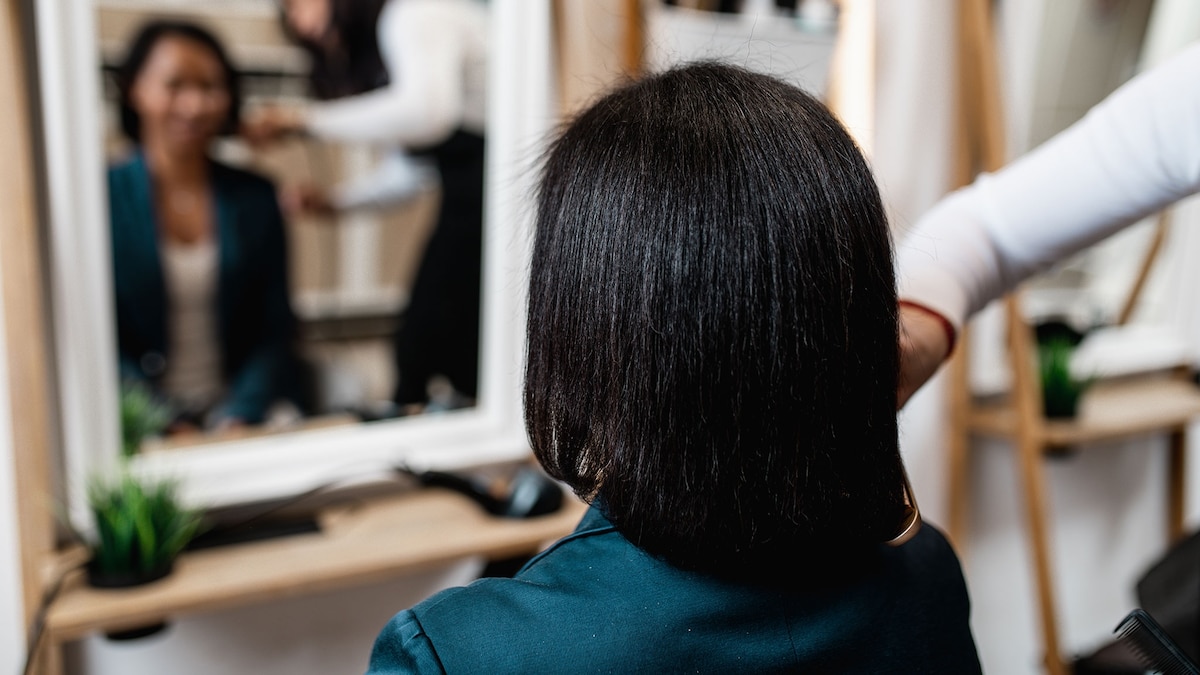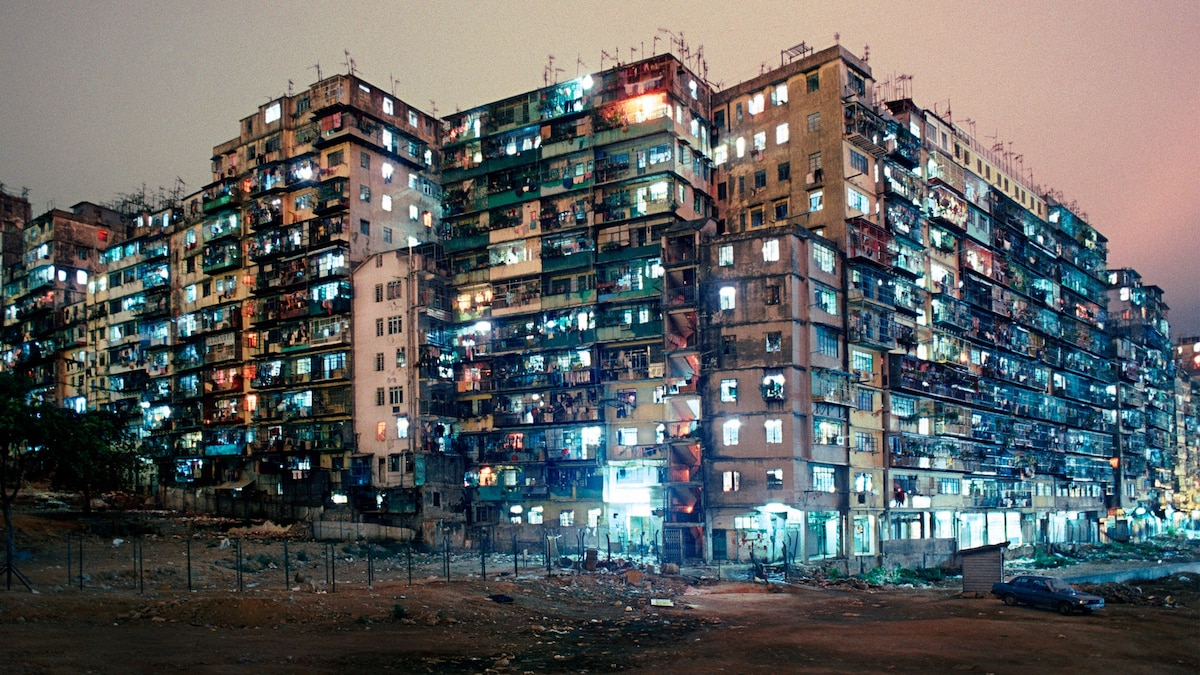Now Reading: Popular Salon Treatments: Are They Putting Your Health at Risk?
-
01
Popular Salon Treatments: Are They Putting Your Health at Risk?
Popular Salon Treatments: Are They Putting Your Health at Risk?

Quick Summary
- Merideth Pedack’s Case: A Washington hairstylist developed debilitating symptoms, including headaches and chemical intolerance (Multiple Chemical Sensitivity, MCS), after years of exposure to hair products.
- Health Risks Linked to Hair Products: studies suggest salon workers face elevated risks of cancer, respiratory issues, reproductive disorders, and babies born with congenital defects due to exposure to chemicals like formaldehyde, PFAS, phenylenediamines, and phthalates.
- Disproportionate Impact on Black Women: Research reveals Black women using chemical straighteners are twice as likely to develop uterine cancer compared to others. Thousands of lawsuits have been filed against manufacturers claiming negligence regarding product safety.
- Regulatory Challenges in the U.S.: The FDA does not require pre-market approval for cosmetics (unlike food/drugs) and relies primarily on post-market surveillance. Only 11 cosmetic chemicals have been restricted in the U.S. compared to over 2,500 banned substances in Europe since 1976.
- Modernization Act Update: The FDA now has increased oversight due to a 2022 law but lacks stricter enforcement for unsafe or misleading ingredient labels. Labels frequently enough omit concentration levels or chemical reactions that harm users.
Indian Opinion Analysis
The reported health hazards faced by salon workers raise broader concerns about regulatory gaps governing global cosmetics industries-highlighting an urgent need for stricter safety standards both internationally and domestically. while this directly pertains largely to Western contexts like the United States, there are implications for India’s rapidly growing beauty sector given parallels in professional practices.India has a massive consumer base for hairstyling treatments involving potentially harmful chemicals similar to those discussed here; tho,awareness among professionals and clients about occupational health risks remains relatively low.Furthermore, India’s own regulatory framework overseeing personal care products might benefit from addressing such shortcomings-considering its largely reactive posture today akin to U.S. systems described (limited pre-market safety checks). Could stricter labeling norms or bans improve worker protections? These lessons could help modernize domestic policies affecting numerous informal industry workers across salons nationwide.
Letting science guide policymaking is vital since similar risks may already exist unnoticed within India’s ecosystem owing overlapping science/data-driven causal observations-advised plausibility argued limitations though say possible tightening based outputs final thoughts-shaped awaiting adaptation readiness ahead nations-wide reforms locally-explored actively-impressionable trajectories involved &( societal shifts cultural pressures dictating narratives!)























